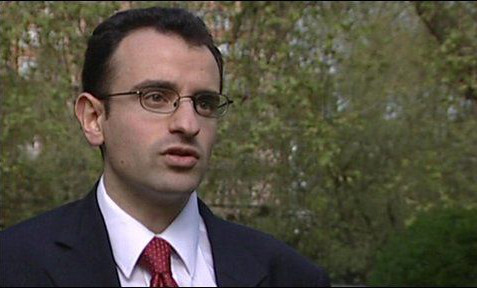
There is a strong case for taxing housing and its immobility makes property a particularly good local tax base. But while a local property tax has much to commend it, council tax is flawed.
The most obvious problem is that, in Scotland and England, the allocation of properties to council tax bands and therefore the relative tax bills for different properties is still based on what they were worth in 1991.
That is patently absurd. We would not dream of levying income tax based on what people’s incomes were nearly a quarter of a century ago.
Bringing property valuations up to date need not imply higher taxes on average.
Council tax rates and thresholds could be set to yield the same average household bill and therefore the same revenue, as if there were no revaluation.
Broadly speaking, tax bills would go up for properties that have risen in value by more than the Scottish average since 1991, and go down for properties that have risen in value by less than the Scottish average.
That is as it should be. Nor should revaluation be a one-off exercise. The longer it is left, the harder it gets. Frequent, regular revaluations would mean changes in bills were small, gradual and routine.
The failure to update property values is by no means the only failing of council tax.
It is hard to find a good reason why council tax should be less than proportional to property values. Indeed it is probably the only current tax that is deliberately regressive in its design.
Charging a uniform percentage of property value instead would reduce the tax bill for most properties and mean substantially increasing it for the highest-value properties in a simpler and more coherent way than layering a separate “mansion tax” on top of the flawed existing council tax.
There is a strong case for continuing to have a local property tax and a strong case against continuing with council tax as it is.
A better tax would be a simple percentage of up-to-date values.
In England there is little sign of the political courage needed to embrace a reform which would create losers as well as winners.
But in Scotland at least the establishment of the Commission on Local Tax Reform offers hope of coherent reform.
By Stuart Adam, of the Institute for Fiscal Studies

Enjoy the convenience of having The Sunday Post delivered as a digital ePaper straight to your smartphone, tablet or computer.
Subscribe for only £5.49 a month and enjoy all the benefits of the printed paper as a digital replica.
Subscribe